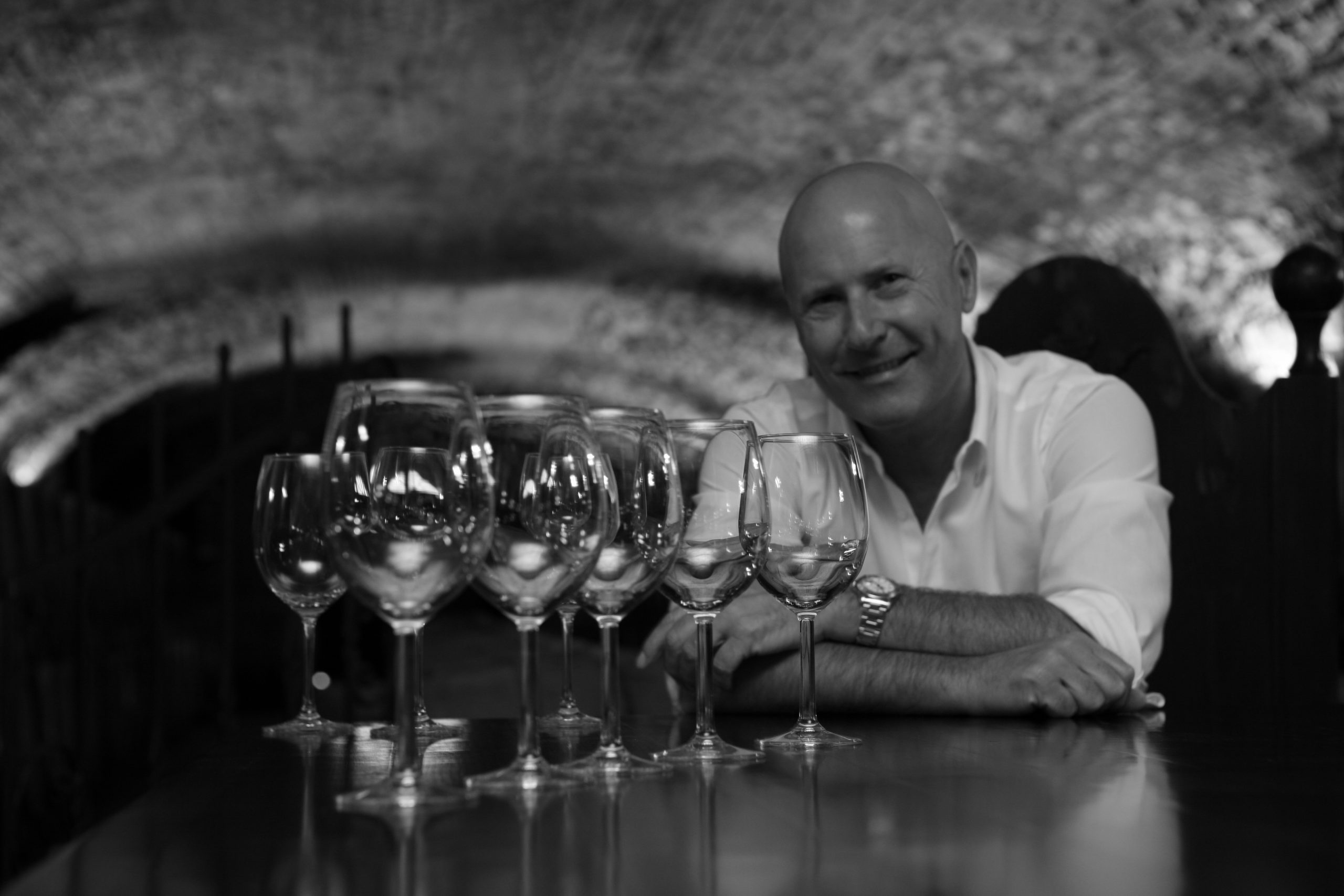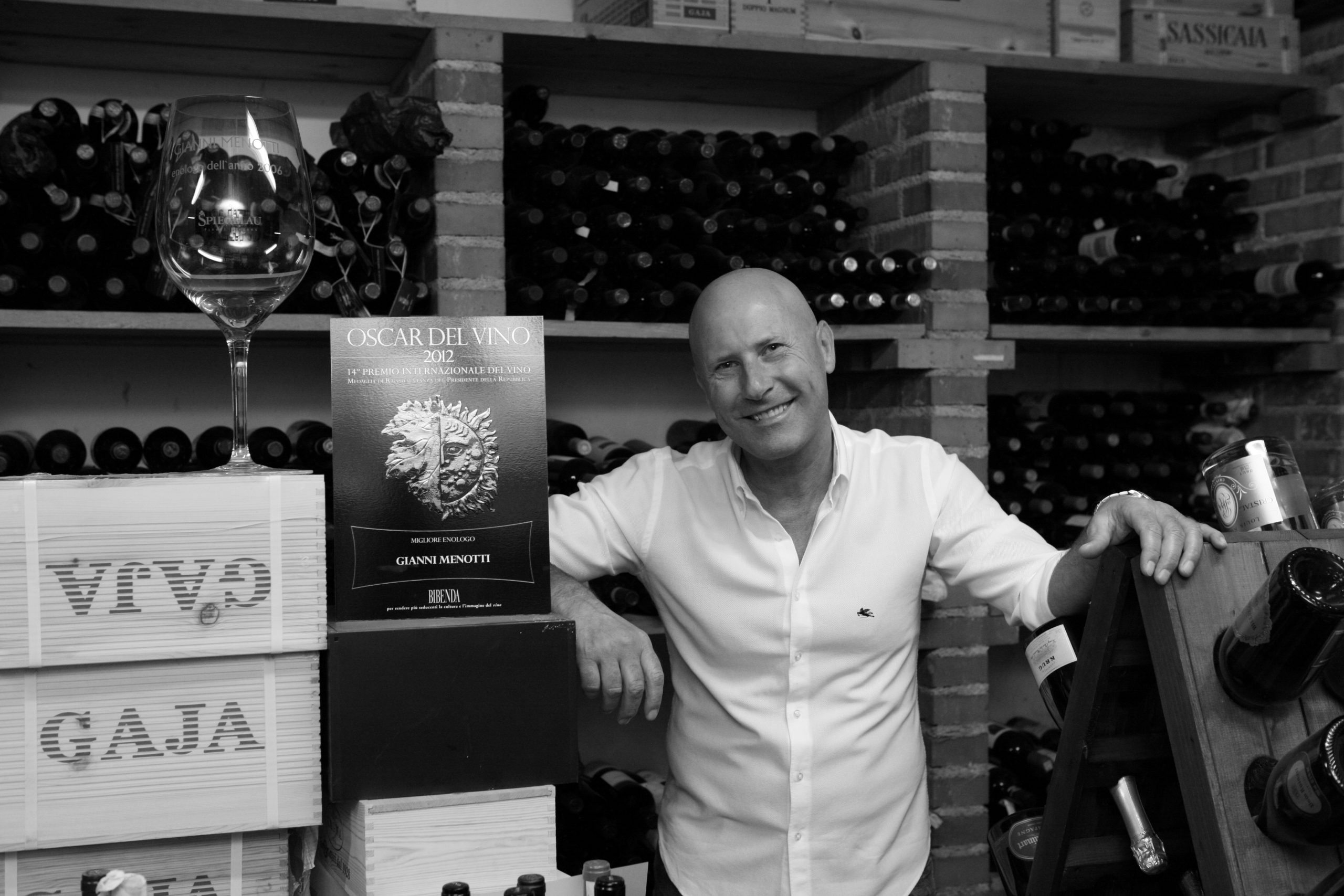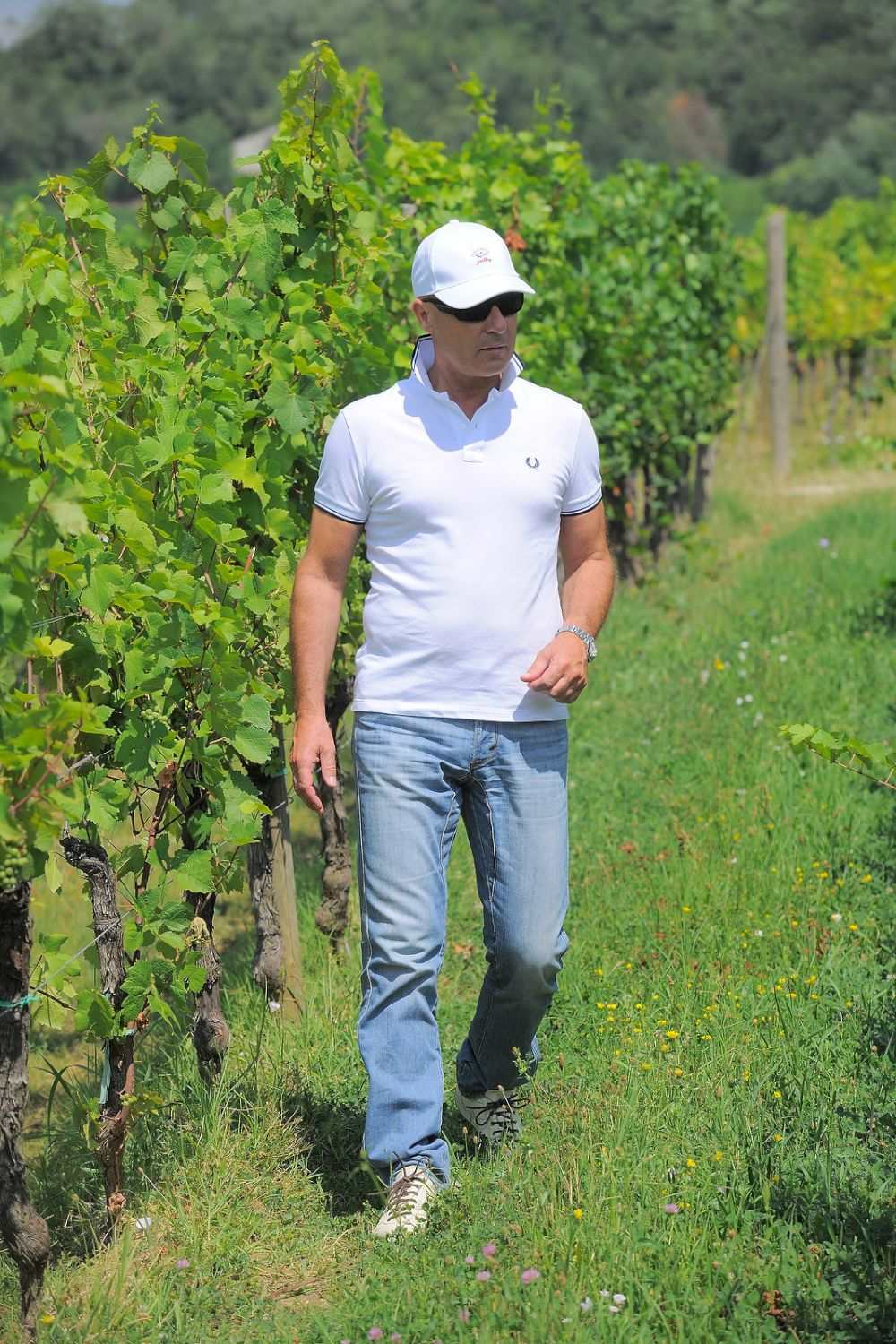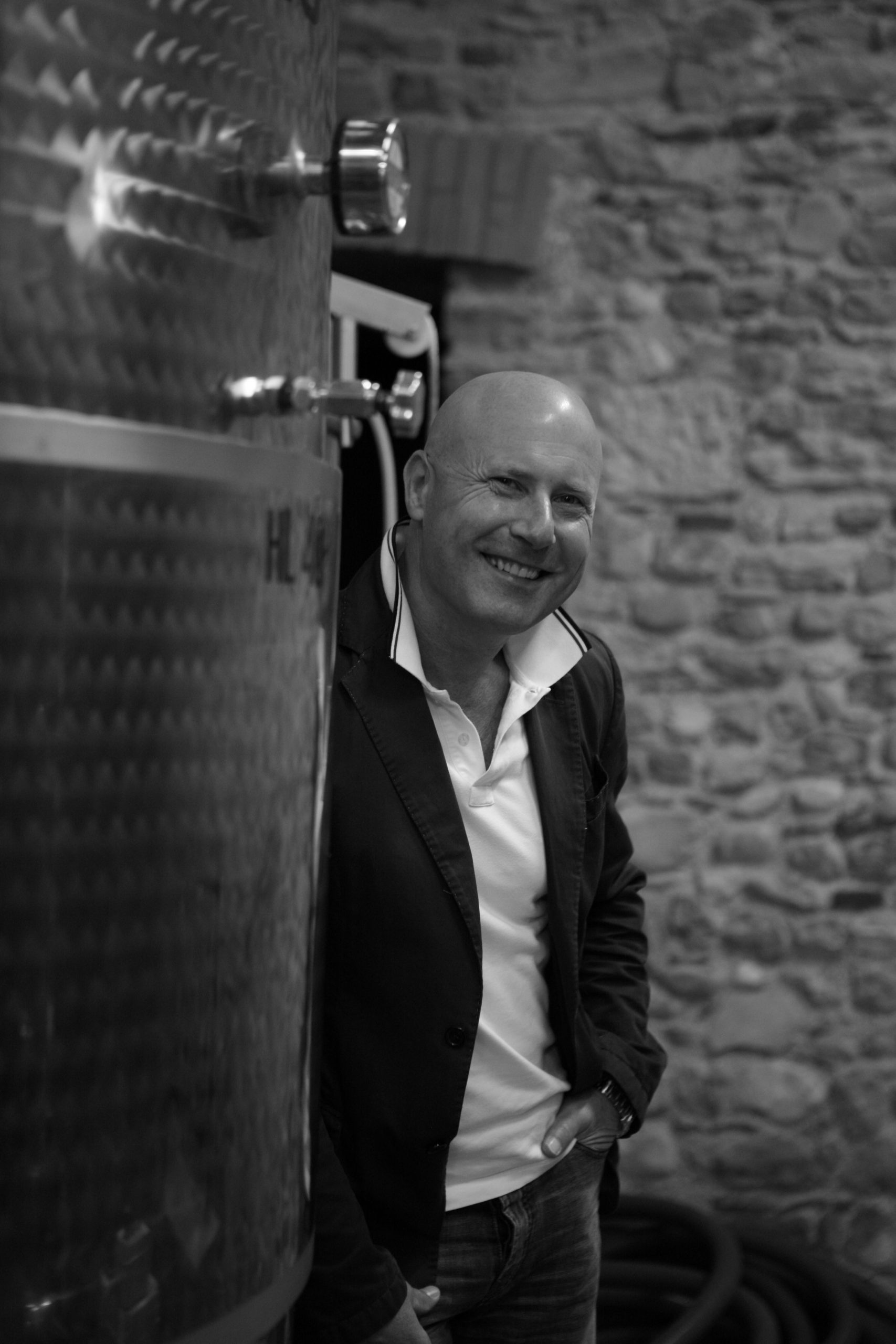Gianni Menotti: profession winemaker

Gianni Menotti is predestined to the world of wine and oenology. A native of Sagrado, a small town in the province of Gorizia, from an early age he breathed the scents and the wine reality of a large Italian company, “Villa Russiz”, managed by his father Edino for 35 years. After graduating in oenology, at the University of Padua, with a thesis on Picolit, in 1988 he took over from his father in the company in the oenological management. After a few years, however, he decides to undertake a professional path that will lead him to enhance important companies in the region and then move both in Italy and abroad.
Important professional awards have followed one another over the years: appointed winemaker of the year for two times and Ambassador of the National Association of the City of Wine, but also attested in guides do nothing but reaffirm the authoritativeness of the work done. Menotti, however, never rested on what he did, his operating philosophy is very methodical and leaves nothing to chance: the territory at the center of his professional project.

© Gianni Menotti Winemaker
How and when was your passion for wine born?
I have always thought. I have lived in the countryside since birth and I have always breathed nature, especially that of the vine first and then of wine. My father was the director-oenologist of an important Collio company.
When did you decide that the oenologist would become your profession?
Breathing that air it was inevitable not to follow those scents and that constant attachment to the earth, they were part of my daily life. It is a love that was born as a child and it is difficult to break away from it.

© Gianni Menotti Winemaker
How important is it for an oenologist to empathize with the people who take care of that vineyard and those hills?
In France it is called terroir and it is the whole set of values that are an integral part of the production of a wine. People are especially so because knowing how to read all the elements that are part of the agronomic-oenological process play a fundamental role. Mistakes of misunderstanding are paid for and, therefore, the less you make a mistake, the better the final result will be. The men who follow in the agronomic-oenological process must be part of your interpretation of wine and therefore you must always think in unison, otherwise something is surely lost along the way and the wine becomes a “puzzle without a few pieces”, therefore, not a business suit.
In the collective imagination of wine lovers, therefore, non-professionals, the sommelier is the best known figure within the “wine” chain while the oenologist works “behind the scenes”. How much, according to your experience, are the two figures (if they are), in opposition and how much, on the contrary, are they (if they are) complementary?
I do not believe that there are more or less important figures in the “wine” chain. Here, too, we must express ourselves in unison and there must be no opposition but harmony between the two figures. The wine is first produced and then consumed, so whoever makes the wine and then who proposes it will always have to interact with it. Those who drink it, subsequently, will be able to understand it in all its nuances.

© Gianni Menotti Winemaker
How much has your profession changed, more or less positively, compared to its beginnings?
Awareness has changed and, therefore, experience has reduced the margins for error. But the concept of how my wine should be is always the same. Of course, in the meantime, consumer tastes have also changed. I believe, however, and, above all, in the more “simple” wines, those were the approach depends more on the fashion of the moment. In “important” wines there is more consistency and much more demand on the part of the “expert” consumer and the parameters of the wine’s DNA have not changed much over time.
Pandemic and state of health of the wine sector (Italian and International), what can your current experience tell you?
There is no doubt that this unfortunate situation has been, is and will continue to be decisive for some time for the entire economy and, therefore, also for the wine sector. However, everything will end and everything will be forgotten. In the meantime, we will have to pay close attention to the inevitable changes that the current situation entails. In Italy, many companies are owned by small entrepreneurs, generally families, who will have to tighten their belts for some time but then the calm will return. There is a great desire to go out and go back even more to drink a few glasses of wine. I’m confident!
The winemaker is also a controversial figure, acclaimed by most, but also the subject of strong criticism from others. You are accused of “creating” wines that must meet the canons of the guides, in short, please everyone. Fantasies, or is there, in some cases, a basis of truth?
Wine must please everyone, it is the secret of every great wine or, in any case, of every successful wine. I have never believed that one should make wine for someone. I think that wine is the exemplary representation of a territory and contains the personality of those who make it. The oenologist must know these parameters perfectly and interpret them without overlapping, even if his signature is inevitable that it will be recognized.

© Gianni Menotti Winemaker
One of your merits and flaws, professionally speaking.
They are like many other people, with the usual strengths and weaknesses. Among the first I recognize myself in the maniacal search for precision that I have always sought in the definition of a wine. Among the flaws, perhaps, sometimes this research is exaggerated and I realize that it becomes tiring. But that’s how I am!
Translation, from the Italian interview, by Veronica Lavenia

